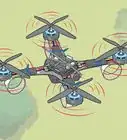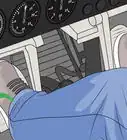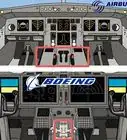X
wikiHow is a “wiki,” similar to Wikipedia, which means that many of our articles are co-written by multiple authors. To create this article, 15 people, some anonymous, worked to edit and improve it over time.
wikiHow marks an article as reader-approved once it receives enough positive feedback. In this case, 93% of readers who voted found the article helpful, earning it our reader-approved status.
This article has been viewed 100,375 times.
Learn more...
This is an article on how to take off in a Cessna 172.
Steps
-
1Line up with the runway. As you do so, ensure that the Directional Gyro matches the runway heading (Correction for the wind if there is crosswind).[1]
-
2Advance the throttle in about 3 seconds time all the way to full. (Check your mixture rich.[2] )Advertisement
-
3As soon as plane starts moving, perform this visual check:
- Oil Pressure in Green
- Oil Temperature in Green
-
4Call out "Power available" (minimum 2300 RPM) and "Airspeed alive" when your Airspeed Indicator comes alive. This should occur somewhere around 35 KIAS (Knots Indicated Airspeed).[3]
-
5Pull back slowly on the yoke when 55 KIAS is reached. Rotate at 60 KIAS.
-
6Lower your nose once off the ground for the best rate of climb speed (75 KIAS).[4]
Advertisement
Community Q&A
-
QuestionIs it normal to feel chatter in the nose wheel when building up speed on the runway?
 Community AnswerYes. Some aircraft do it more than others, just keep a little back pressure on the yoke as if doing a short field takeoff and it will go away.
Community AnswerYes. Some aircraft do it more than others, just keep a little back pressure on the yoke as if doing a short field takeoff and it will go away. -
QuestionShould the flaps be set the same for takeoff and landing?
 Philip BundyCommunity AnswerNo. Flaps should not be used on takeoff except for short field takeoffs. Flaps are used when landing, but as always, there are exceptions to the rules. In heavy winds, only partial flaps are used. If you happen to get iced over, you should land with no flaps.
Philip BundyCommunity AnswerNo. Flaps should not be used on takeoff except for short field takeoffs. Flaps are used when landing, but as always, there are exceptions to the rules. In heavy winds, only partial flaps are used. If you happen to get iced over, you should land with no flaps. -
QuestionWhy should the speed be at 60 knots?
 Community Answer60 knots is considered to be the optimum takeoff speed. This speed will allow enough lift under the wings to give a smooth, stall-free takeoff.
Community Answer60 knots is considered to be the optimum takeoff speed. This speed will allow enough lift under the wings to give a smooth, stall-free takeoff.
Advertisement
Warnings
- Under no circumstances should you fly near the stall speed of 35KTIS. This is with a dirty configuration. The stall speed is higher in a clean configuration. (Dirty = flaps down, clean = no flaps)⧼thumbs_response⧽
Advertisement
References
- ↑ https://www.youtube.com/watch?v=XeUxBxDUGCk
- ↑ https://www.aopa.org/news-and-media/all-news/2016/june/flight-training/how-it-works
- ↑ https://www.aopa.org/news-and-media/all-news/2016/march/flight-training-magazine/12-tips-to-help-you-fly-like-the-pros
- ↑ https://takewingaviation.com/wp-content/uploads/2017/02/N739EF_172N_POH.pdf
- https://web.cs.wpi.edu/~rich/courses/cs525u-s08/projects/mtavares/Cessna172.pdf
About This Article
Advertisement

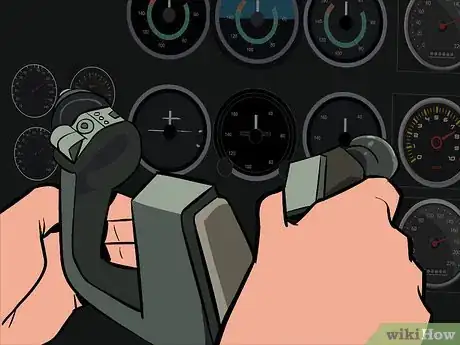
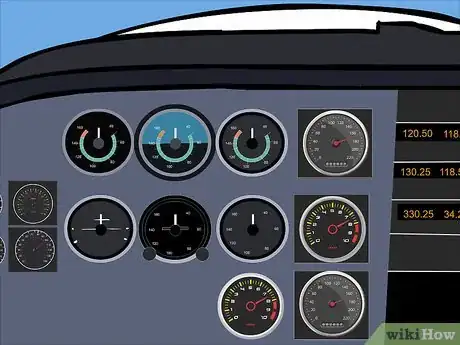


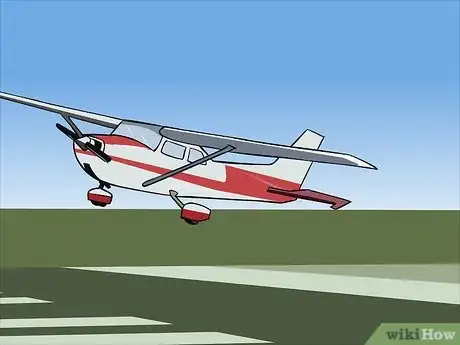
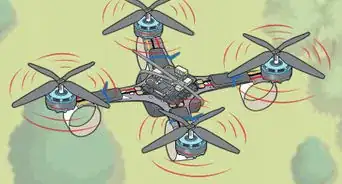
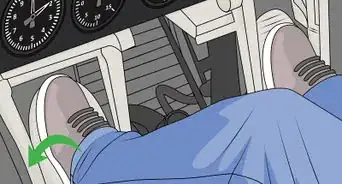


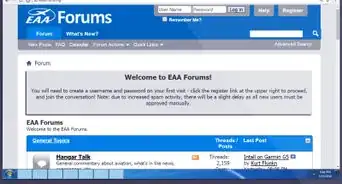

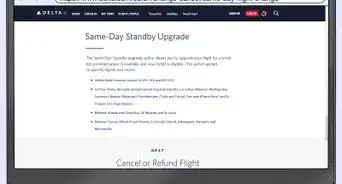
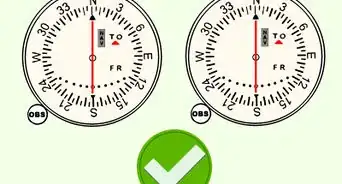

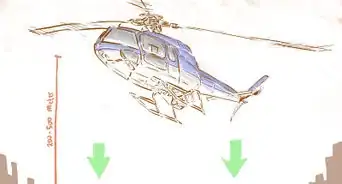



-Step-15.webp)








